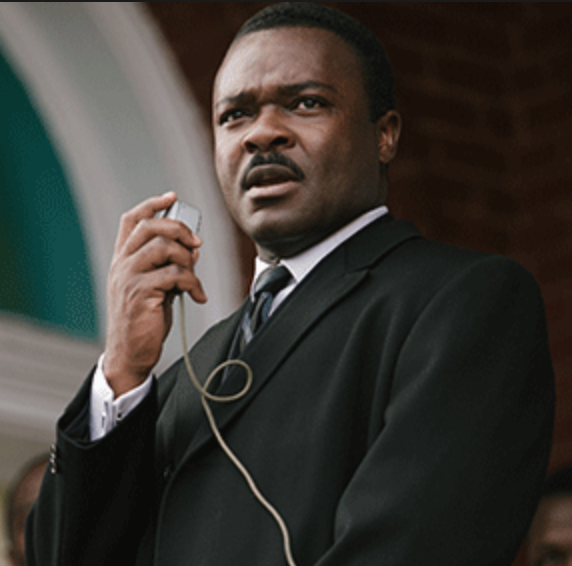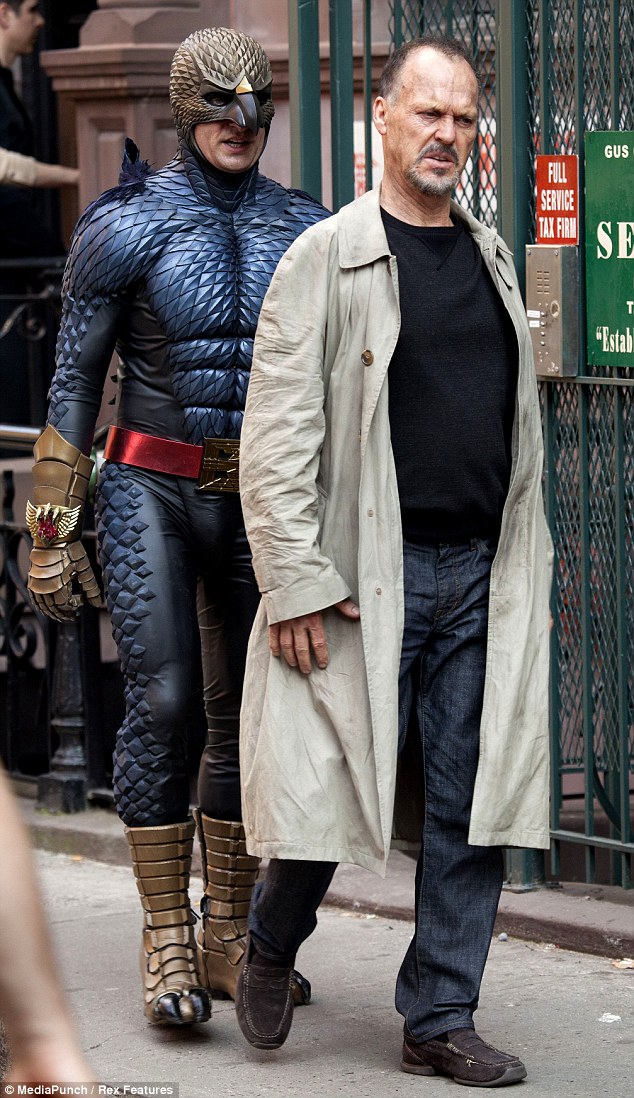 I have seen “Selma,” Ava DuVernay’s remarkable portrait of Martin Luther King Jr. and the three Alabama marches that inspired the 1965 Voting Rights Act, at two press screenings. The first took place in November, and I wept so copiously that I felt it my duty to see the film again in order to write about it objectively.
I have seen “Selma,” Ava DuVernay’s remarkable portrait of Martin Luther King Jr. and the three Alabama marches that inspired the 1965 Voting Rights Act, at two press screenings. The first took place in November, and I wept so copiously that I felt it my duty to see the film again in order to write about it objectively.
The second screening was held in mid-December. Common was still rapping, “That’s why we walk through Ferguson with our hands up” over the closing credits as I emerged into a Times Square filled with protestors. Some were silently standing in front of the police station; others were holding signs reading “I Can’t Breathe,” a reference to Eric Garner’s final words as he was choked to death by a cop. For a minute I felt like I was in the film itself, and that’s when I got it: There’s no objective way to see “Selma,” and that’s how it should be. King may have prescribed peaceful protest but he also stated adamantly that there is no neutrality when it comes to the issue of civil rights.
The only man from the twentieth century who has an American federal holiday named after him, Martin Luther King Jr. is almost inarguably our country’s most influential civil rights leader to date. Yet, as improbable as it may seem, “Selma” is the first feature-length film ever made about him. Wisely, DuVernay and screenwriter Paul Webb don’t compensate by covering the entire arc of King’s life. Instead, they pick up right where a more traditional King biopic might have ended: when awards have already been bestowed but important work is left to be done. Continue Reading →


